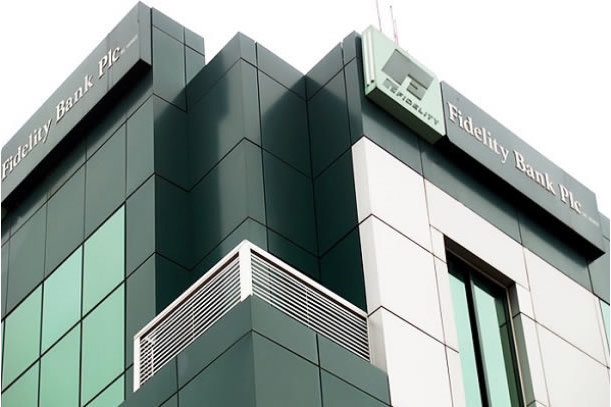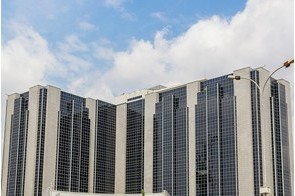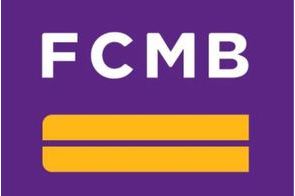Latest News
Fidelity Bank profit falls by 30 percent on rising impairment charges

News Highlight
The bank said its non-performing loan ratio rose to 6.6 percent as against 4.4 percent in 2015.
Fidelity Bank has reported its 2016 after-tax profit fell by 30 percent due mainly to rising operating costs and impairment charges. The bank said after-tax profit fell to N9.73 billion compared with N13.9 billion the previous year.
Loan impairment charges put a damper on Fidelity Bank’s after-tax profit. The charges rose by 50.5 percent to N8.67 billion as against N5.76 billion in 2015. A sharp increase in marketing, communication, and entertainment expenses also moderated the bank’s profit during the period under review.
The Nigerian lender said its gross earnings rose by 3.5 percent to N152.02 billion compared with N146.89 billion a year earlier. The uptick in revenue was driven mainly by growth in fee and commission income as well as interest and similar income.
Fidelity Bank’s profit underperformed analysts’ estimates of N11.2 billion, although the bank’s revenue was slightly ahead of estimates of N147 billion, according to CardinalStone Partners, a Lagos-based investment advisory firm.
“Though the macro-economic and business environment was challenging in 2016, our financial performance reflects the sound fundamentals of our evolving business model as we continued with the disciplined execution of our medium term strategy which positions the business for improved and sustainable profitability,” said Nnamdi Okonkwo, Fidelity Bank’s Managing Director/CEO.
Total assets rose by 5.4 percent to N1.3 trillion compared with N1.23 trillion in the previous year. The growth in assets was caused by a significant increase in loans and advances arising from the devaluation of the naira. The bank said its non-performing loan ratio rose to 6.6 percent as against 4.4 percent in 2015.
“Though our non-performing loans ratio increased to 6.6 percent largely due to a combination of naira devaluation and our conservative approach in appraising our risk assets portfolio, our other regulatory ratios (liquidity and capital adequacy ratios) remained above the set regulatory thresholds,” Okonkwo said.
Fidelity Bank said basic per share earnings fell to 34 kobo per share as against 48 kobo per share the previous year. The bank has proposed a dividend of 14 kobo per share for the 2016 financial year.
The bank’s stock rose 5 percent to close at 84 kobo per share at the Nigerian Stock Exchange on Monday.
Related News
Latest Blogs
- Why electricity privatization failed (2)
- How net metering can boost embedded power generation
- Adaora Umeoji and gender in Nigerian banking leadership
- Is protest an endangered human right of Nigerians?
- Issues in using price control in Nigeria
Most Popular News
- IFC, partners back Indorama in Nigeria with $1.25 billion for fertiliser export
- Ali Pate to deliver keynote speech at NDFF 2024 Conference
- Univercells signs MoU with FG on biopharmaceutical development in Nigeria
- CBN increases capital requirements of banks, gives 24 months for compliance
- CBN settles backlog of foreign exchange obligations
- Nasdaq Dubai welcomes $600m sukuk listing by Islamic Development Bank






